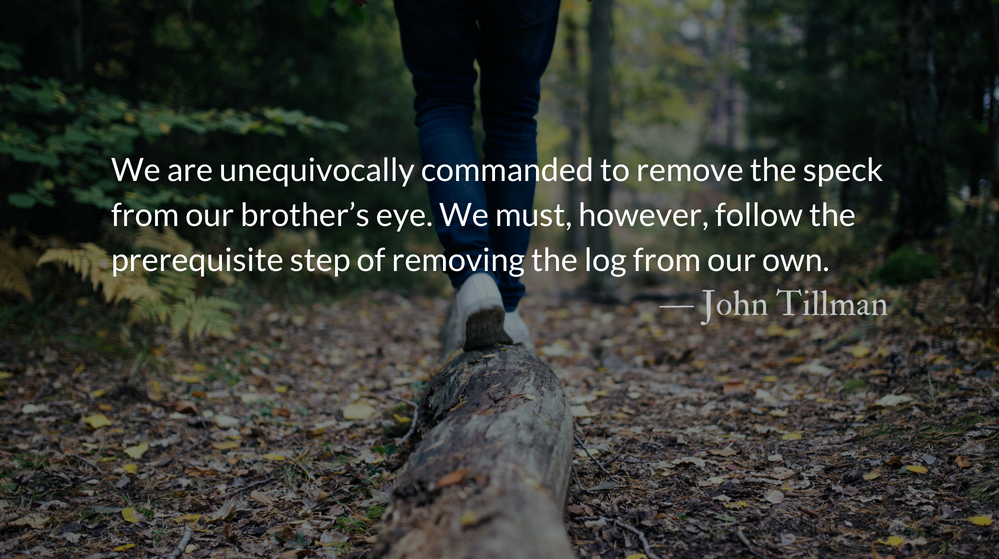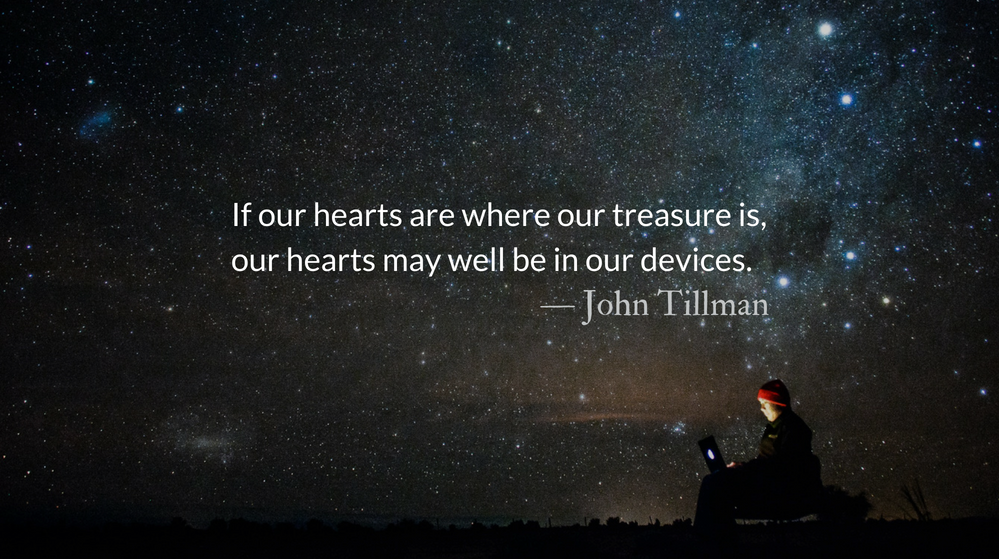Scripture: Matthew 8.26
He replied, “You of little faith, why are you so afraid?” Then he got up and rebuked the winds and the waves, and it was completely calm.
Historically terrible decisions are often motivated by fear. Fear is the tool by which dictators gain and keep power. Dietrich Bonhoeffer preached this sermon in 1933 Berlin during a fearful time in Germany—right before Hitler seized power. It was only the beginning of a storm that would not soon end. — John
Reflection: Fear in the Boat :: Throwback Thursday
By Dietrich Bonhoeffer (1906-1945)
Fear is in the boat, in Germany, in our own lives and in the nave of this church—naked fear of an hour from now, of tomorrow and the day after. That is why we become apathetic, why we complain, why we intoxicate ourselves with this and that.
But look here, right in the middle of this fearful world is a place that is meant for all time, which has a peculiar task that the world doesn’t understand. It keeps calling over and over but always anew, in the same tone, the same thing: Fear is overcome; don’t be afraid. In the world you are frightened. But be comforted; I have conquered the world!
Christ is in the boat!
And this place, where this kind of talk is heard and should be heard, is the pulpit of the church. From this pulpit the living Christ himself wants to speak, “You of little faith, why are you so fearful? I am in the boat.”
But the other side of the coin is also true. When Christ is in the boat, a storm always comes up. No one has to go through so much anxiety and fear as do Christians. But this does not surprise us, since Christ is the Crucified One, and there is no way to life for a Christian without being crucified.
So we will suffer and make our way through together with Christ, looking always to him who is with us in the boat and can soon stand up and rebuke the sea, so that it becomes calm.
Dear brothers and sisters, what do we know about what Christ can do and wants to do for us, this very evening, if we will only call upon him as we should, if we call out, “Lord, save us! We are perishing!” That was fear all right, but it was faith in the midst of fear, because it knew where help comes from, the only place.
They were amazed, saying, “What sort of man is this, that even the winds and the sea obey him?” We can well understand their amazement.
What sort of person is this on whom fear has no effect, who overcomes the fear in human life and takes away its power? By asking this question, we are already on our knees before him, praying to him, pointing to him, the wonder worker, and saying, This is God! Amen.
*Condensed for length. From The Collected Sermons of Dietrich Bonhoeffer
Prayer: The Greeting
You are my hiding-place; you preserve me from trouble; you surround me with shouts of deliverance. — Psalm 32.8
– Prayer from The Divine Hours: Prayers for Springtime by Phyllis Tickle.
Full prayer available online and in print.
Today’s Readings
Isaiah 60 (Listen – 3:55)
Matthew 8 (Listen – 4:09)
Additional Reading
Read More about The Wrong Fear
Fear has made Americans Christians a paranoid and unpredictable group. Liable to believe fake news, liable to vote for candidates and support policies that two decades ago would have been inconceivable, and liable to turn on each other.
Read More about Joy Through Surrender
When this surrender overrides your fear, your pride in the self-made life, and the anger you have because of old wounds, joy abounds.











